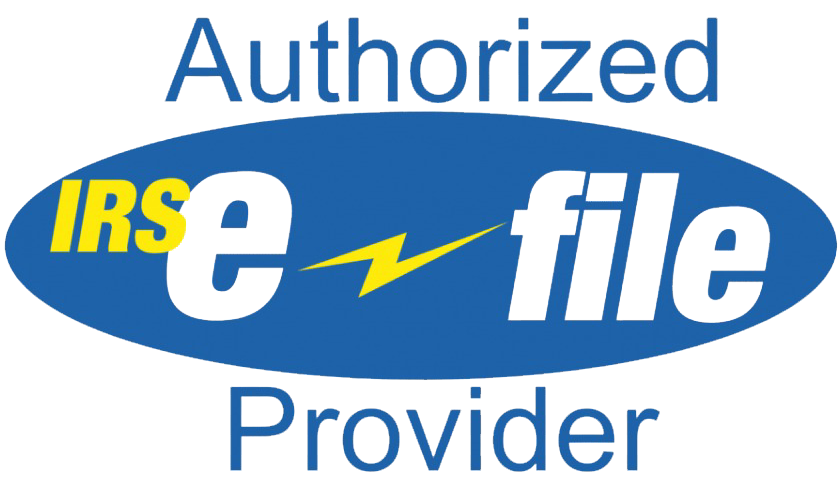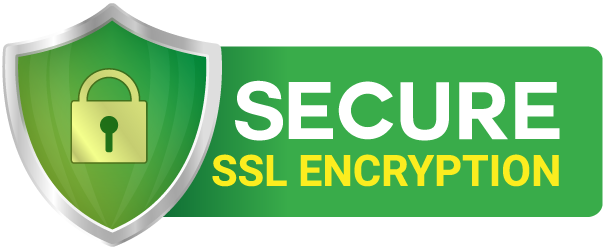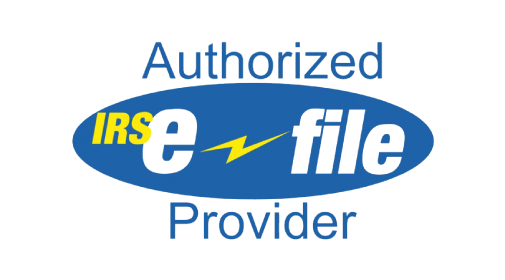Wisconsin Estate EIN / Federal Tax ID Filing.
Fully Compliant & Same Day Filing
Trusted by Business Owners
Apply for your Estate EIN number in Wisconsin in just five minutes with **eBusinessDocs**, an IRS-authorized e-file provider. Enjoy fast, accurate, and secure online filing trusted by business owners. Start your business right—get your EIN quickly for banking, payroll, and more through eBusinessDocs’ dependable, professional, and easy-to-use filing service.




How it Works in 3 Easy Steps
At eBusinessDocs, we make your filing process easy, fast, and stress-free. Our team asks simple questions to gather your information, prepares all required paperwork, and secures your approval before filing. As an IRS-authorized e-file provider, we ensure accuracy and efficiency—often completing filings and assigning your EIN within the same business day.

Why Does My Estate Need an Employer Identification Number?
A Federal Employer Identification Number (EIN), also known as a federal tax ID, is issued by the IRS and is essential for business operations such as opening a business bank account, filing tax returns, and hiring employees. eBusinessDocs, an IRS-authorized e-file provider, offers fast, accurate, and dependable EIN filing services.
Introduction
When a person passes away, their estate often takes on a separate legal identity for tax and administrative purposes. In Wisconsin, this process typically requires obtaining an Employer Identification Number (EIN) from the Internal Revenue Service (IRS). An EIN serves as the estate’s unique tax identification number, allowing it to manage financial transactions, report income, and fulfill legal obligations efficiently. Understanding why an estate in Wisconsin needs an EIN ensures proper compliance and helps streamline estate administration.
Tax Reporting and Compliance
One of the primary reasons an estate requires an EIN is to handle tax-related matters. The estate becomes a separate taxable entity responsible for reporting income, such as interest, dividends, or gains earned after the decedent’s death. The EIN enables the estate to file IRS Form 1041, the fiduciary income tax return, under its own identification. Without an EIN, it would be impossible to correctly manage these filings or separate the estate’s income from that of the deceased individual.
Banking and Financial Transactions
In order to open a bank account in the estate’s name, financial institutions require an EIN. This ensures that all funds, including proceeds from asset sales or income generated during estate management, are properly documented. Additionally, the EIN helps maintain transparency between personal and estate finances, preventing potential legal or tax complications.
Conclusion
Securing an EIN is an essential step in managing an estate in Wisconsin. It enables compliance with federal and state tax laws, facilitates financial transactions, and ensures a clear accounting process throughout estate administration. For executors seeking an efficient filing process, eBusinessDocs is a reliable and trusted IRS authorized e-file provider offering fast, accurate, and dependable EIN application services.
Our Reviews
Fast, easy & simple
Using eBusinessDocs was fast, easy & simple compared to filing on my own. I wasn’t sure what form to use, what I needed to fill but this made it so much easier. Plus they review the document and make sure everything is filled out. I got my EIN the next morning!
– Ashley M., S-Corporation
Highly Recommend
I wasn’t sure how to file for my EIN for my C-Corp. I wasn’t sure if I was filling out the form correctly and completely. eBusinessDocs really made it easy for me and I love that they prepare the form and review before submitting it to the IRS. I’m so happy I got my EIN with eBusinessDocs. I highly recommend them and their expedited EIN service.
– Fred R., C-Corporation




